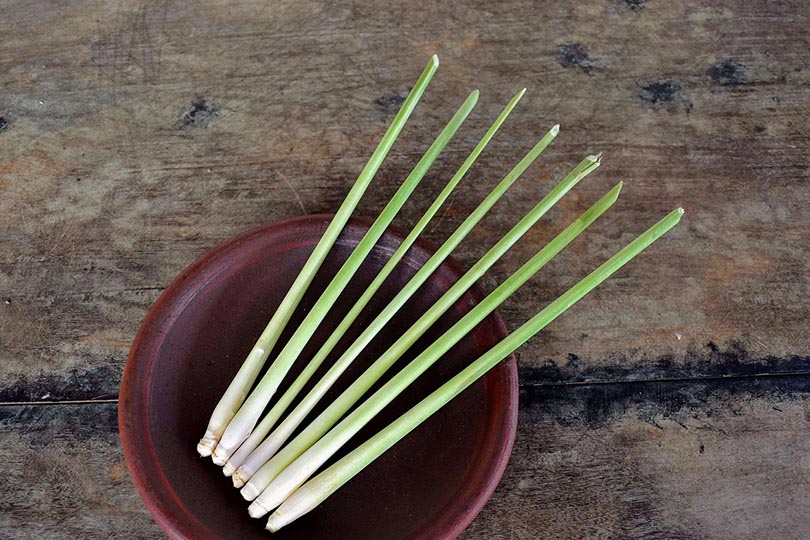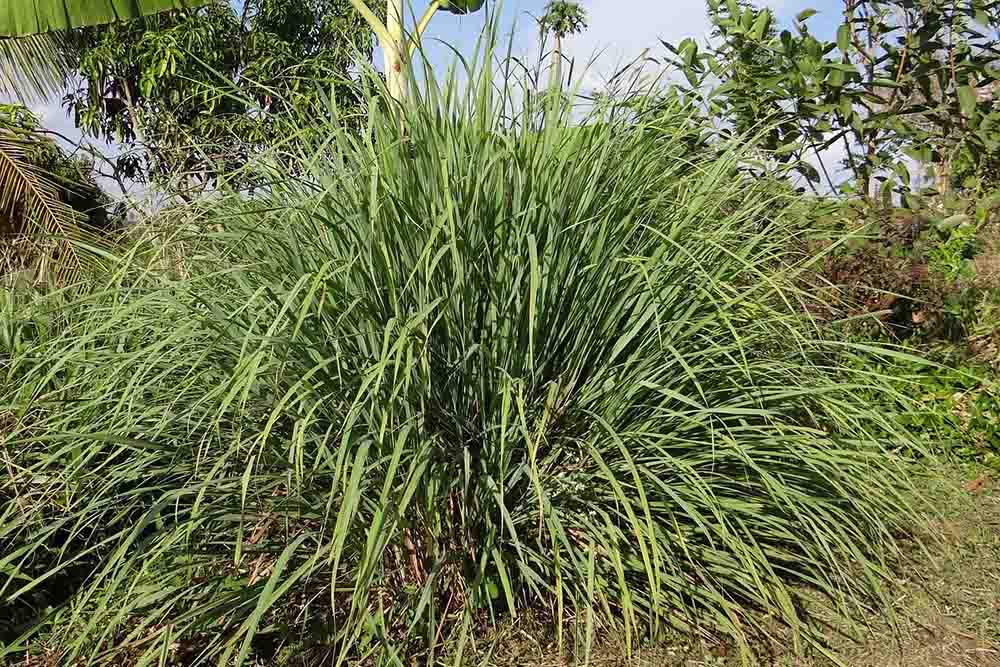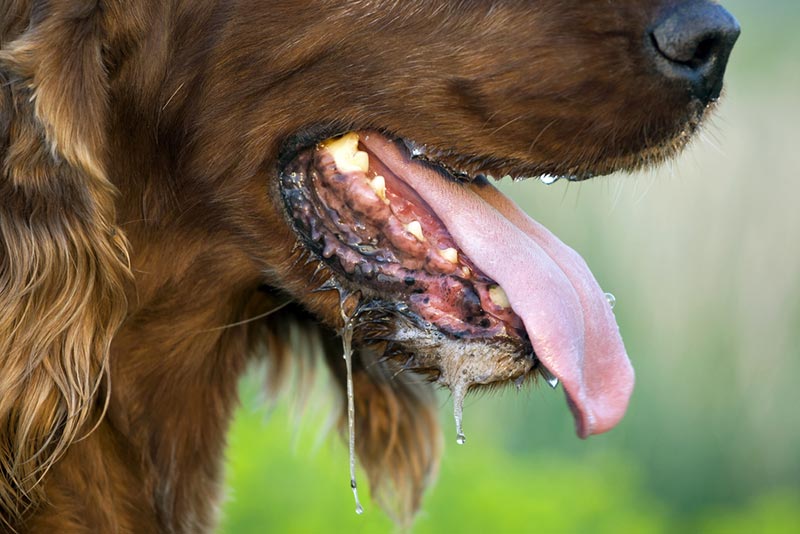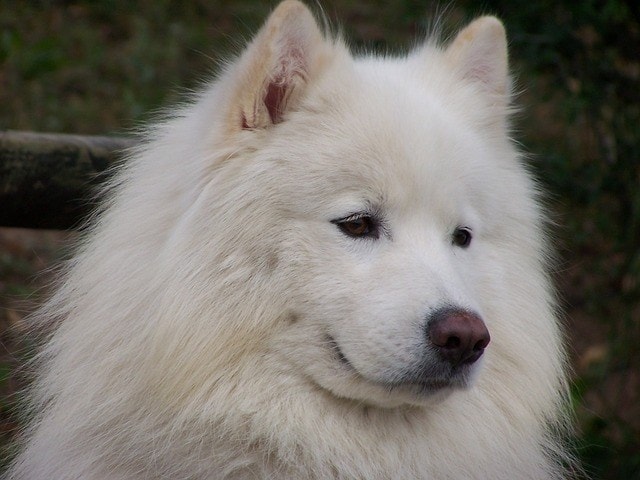Is Lemongrass Poisonous to Dogs? Safety Tips & Signs of Ingestion
Updated on

Unless you prepare Vietnamese or Thai food regularly, you might not be too familiar with the culinary herb lemongrass. It looks like a bunch of green onions, only with a citrus scent instead of the pungent one of the other.
Lemongrass is not something someone would typically eat raw, let alone give to a pet. However, despite its innocent-sounding name, lemongrass is toxic to dogs, cats, and horses.
The Health Risks of Lemongrass

We strongly urge you not to offer lemongrass to your pet in any form. We mentioned the stringiness of the grass. A dog that ingests a lot of it may develop an intestinal blockage, which is a medical emergency. It also poses health risks as an essential oil because of its concentration. It’s worth noting that many of these products aren’t safe for people to use directly on their skin.
The other concern with lemongrass lies with its cyanogenic glycoside content. These chemical compounds exist in over 2,000 plants, such as lima beans, cassava, nectarines, and peaches. The chemical exists in the seeds of the last two examples. However, cyanogenic glycosides are not poisonous as it sits. Toxicity occurs when an animal chews the plant and the chemical mixes with saliva enzymes.
The result is the release of hydrogen cyanide (HCN). Those two words are probably enough to raise a red flag. Humans and mammals have some tolerance to it in small concentrations. However, HCN acts quickly by stopping cellular respiration. Affected animals present clinical signs rapidly, with death following without emergency intervention.
However, as the father of toxicology, the Swiss-German physician Paracelsus, reminds us, “All things are poison and nothing is without poison; only the dose makes a thing not a poison.” It’s the concentration and amount of lemongrass that a dog ingests that determines the toxicity and subsequent effects.
Clinical Signs of Ingestion

If your dog only ate a small amount, the clinical signs won’t be severe, most likely, depending on the circumstances. Ingesting the plant may cause:
- Abdominal pain
- Weakness
- Nausea
- Vomiting
- GI distress
Your pup may also experience these effects if it ingests lemongrass essential oils. Other signs include:
- Mouth irritation
- Pawing at its snout
- Drooling
- Breathing difficulty
The most severe cases of HCN poisoning come on within 20 minutes. Labored breathing, heart issues, staggering, weakness, red mucous membranes, and death. Immediate emergency treatment is imperative, with little hope for survival if delayed.
Treatment for Poisoning in Dogs
A classic sign of poisoning is its sudden onset. Other health conditions typically take longer to present or are self-limiting. If you observe the effects of possible poisoning, don’t offer your pup activated charcoal or induce vomiting. Instead, get your dog to your vet or an emergency clinic as soon as possible.
The preferred antidote for this type of poisoning is vitamin B12a or hydroxocobalamin. Oxygen therapy, along with various IV medications, is often necessary to neutralize the poison so it can precipitate in the urine. It will likely take several days for your pet to recover.
Conclusion
Lemongrass is a potentially dangerous food to give your dog. While it can cause mild symptoms, it may also set the stage for a life-threatening reaction.
It’s worth mentioning that lemongrass isn’t a typical treat. If your pet ingests it, it might be as an ingredient in a dish containing other things equally as toxic to your pup. We strongly urge you only to give your dog a diet formulated for canines.
See also:
Featured Image Credit: WonderfulBali, Pixabay














